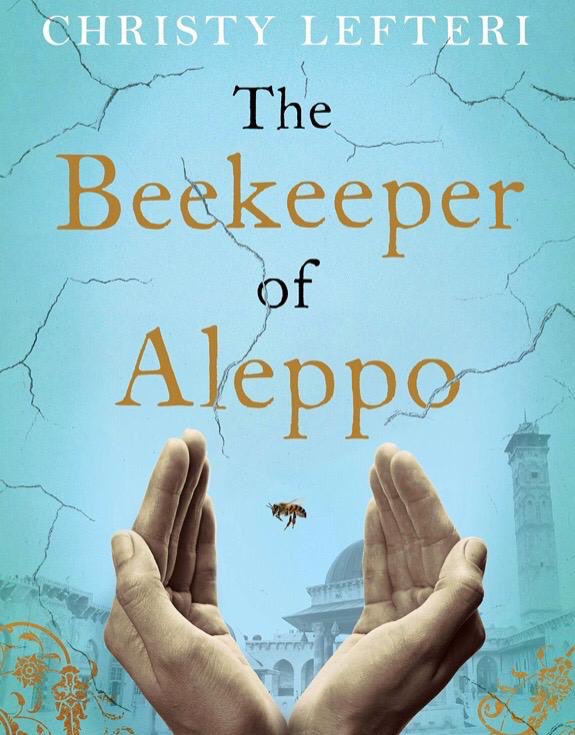Just finished listening to @artmalikactor beautifully narrating The Beekeeper of Aleppo by @christy_lefteri, powerful and moving story of a couple’s journey to Europe following the death of their son and destruction of their home, livelihood and community (cont.).... 

Usually find it difficult to read/listen to novels of this kind, too many minor (but irritating) factual errors and misunderstandings, a failure on part of author to really grasp the complex layers of pain, anxiety, resilience and fear that characterise the lives of refugees....
The Beekeeper of Aleppo is different. The author’s first hand experience of being in Athens during 2015/2016, of working with refugees, of hearing their stories mean that this novel, whilst fictional, resonates more strongly with my own research than any other I’ve read
If you are interested in learning more about the journeys and experiences of refugees and migrants who arrived in Europe during 2015 then our #MEDMIG book can be purchased at policy.bristoluniversitypress.co.uk/unravelling-eu…
There is also plenty of free info that can be downloaded at medmig.info including case studies, policy briefs and detailed reports on the drivers of migration to Europe, the complexities of migrant decision making and the failures of EU policy to respond appropriately 

My paper with @j_hagenzanker also unpacks reasons why people end up where they do, often not where they intended when they started on their journey with decisions shaped by the desire to joined loved ones as well as policy perceptions and chance encounters onlinelibrary.wiley.com/doi/full/10.11… 

• • •
Missing some Tweet in this thread? You can try to
force a refresh















